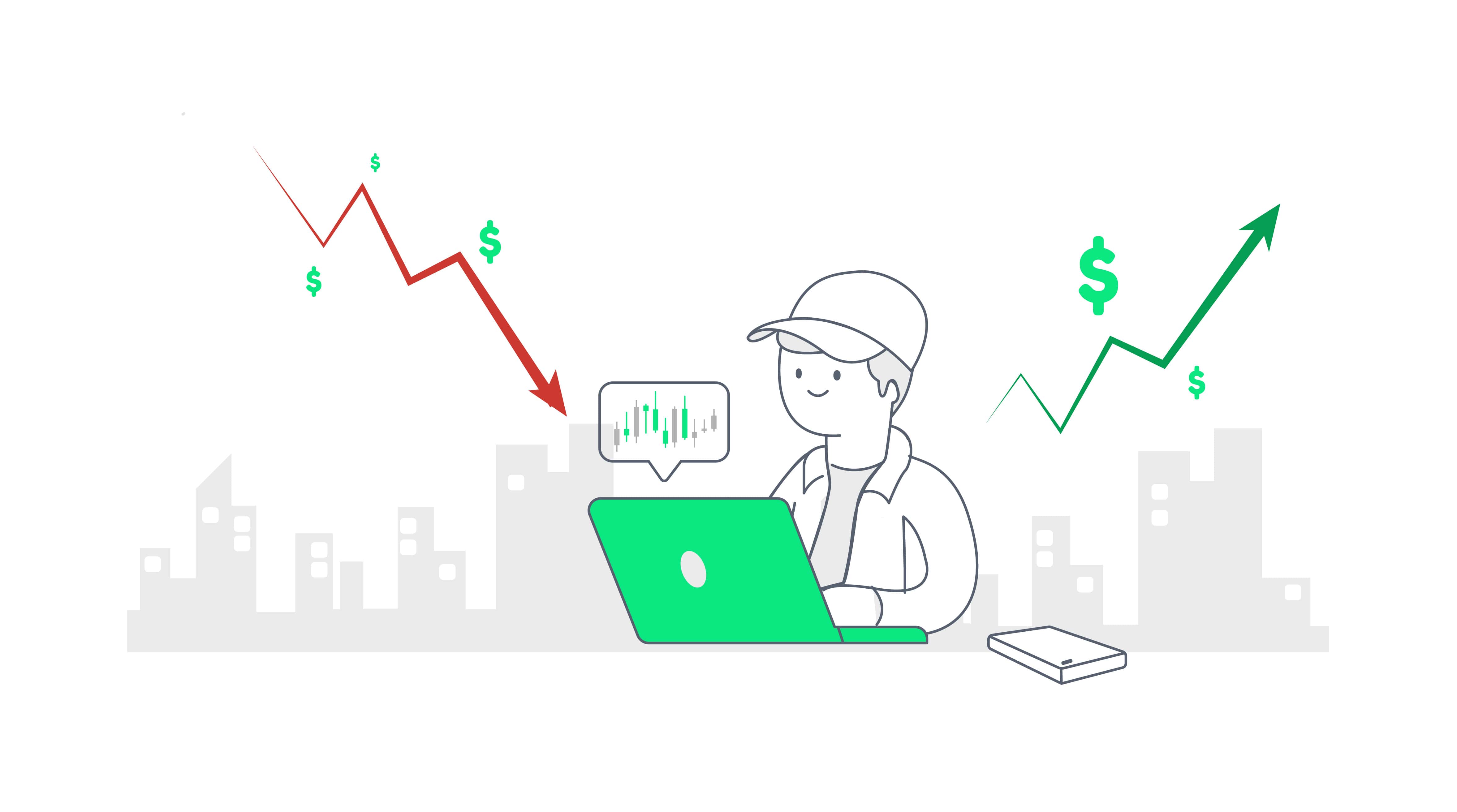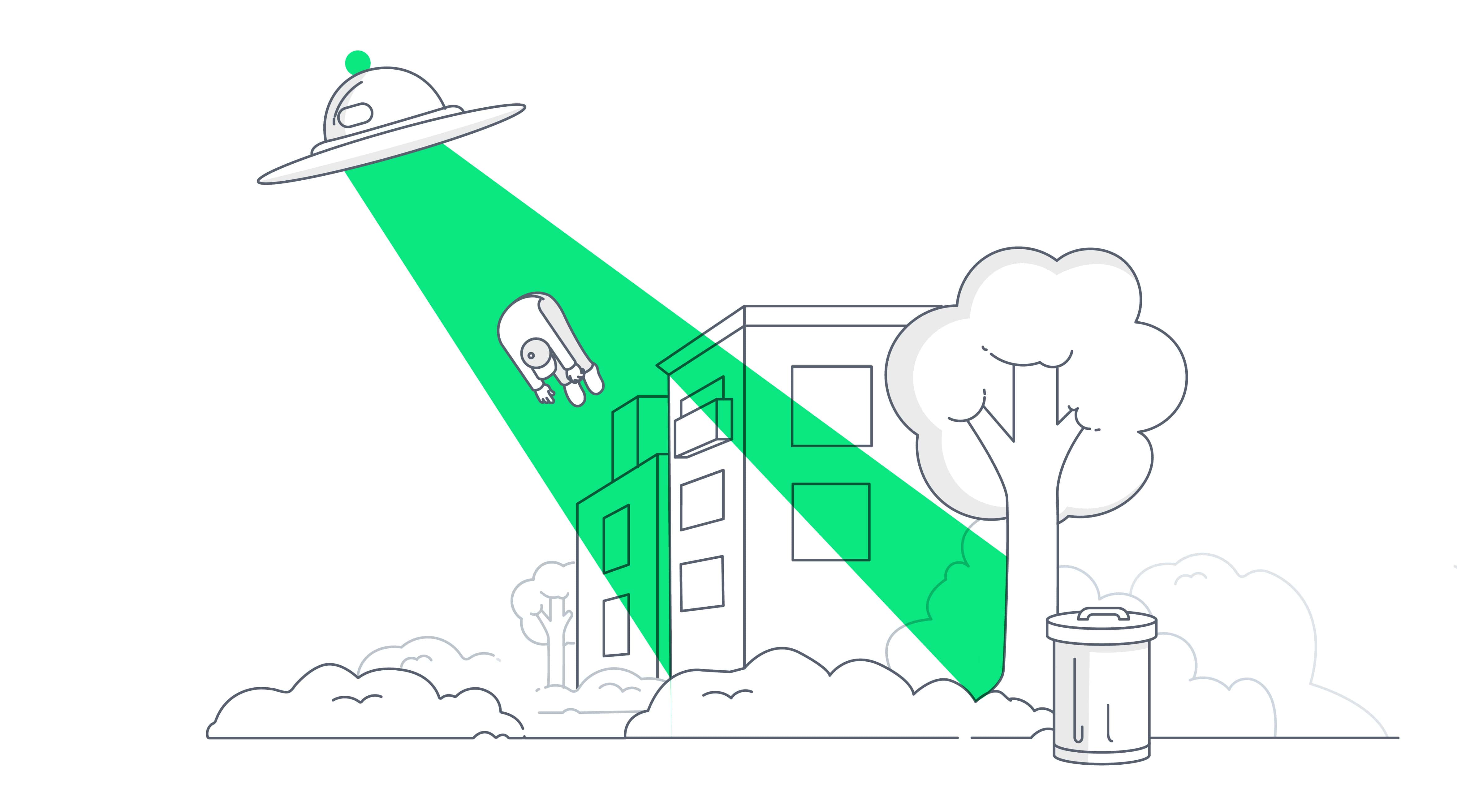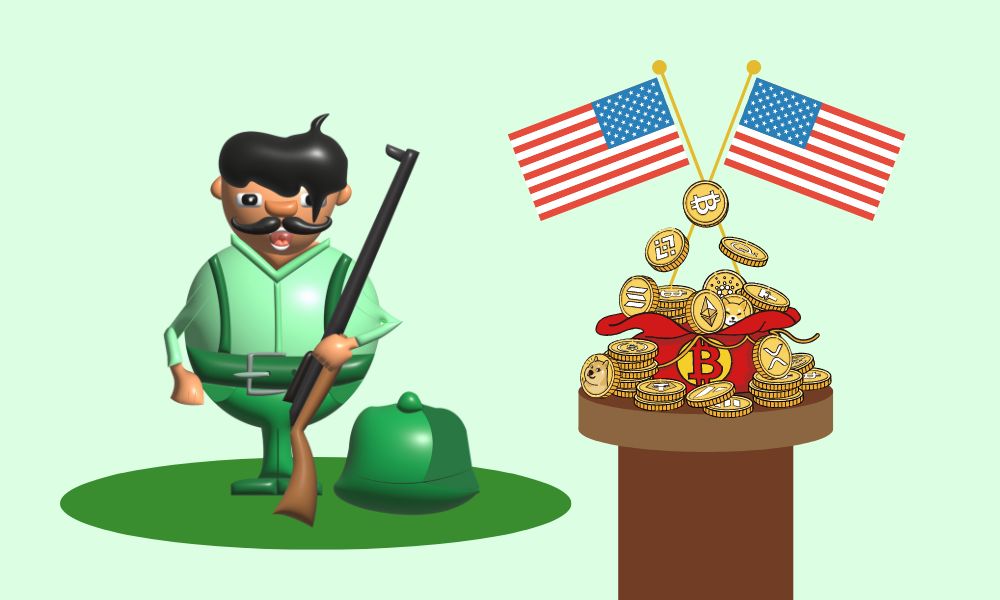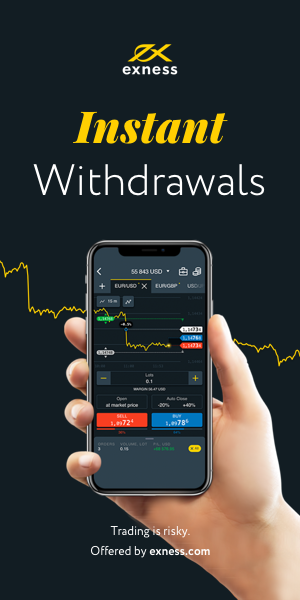What does spread and bid-offer mean in trading?
In trade, a spread is the difference between the buy (offer) and sale (bid) prices quoted for an item. Due to the fact that both derivatives are priced using the spread, it is a crucial aspect of CFD trading.
Spreads are frequently used by brokers, market makers, and other suppliers to quote prices. This indicates that the purchasing price of an asset will always be slightly above the underlying market.
|
|
While the selling price will always be marginally lower, spread in finance can refer to a variety of separate concepts, but they all refer to the difference between two prices or interest rates.
It is a strategy used in options trading and is known as an option spread. In this method, equal quantities of options with varying strike prices and expiration dates are purchased and sold.
Hello, When you trade, do you account for spread?
It was discovered that many rookie traders overlook spreads when trading. In this post, we will discuss market spreads and how they can often derail otherwise profitable bets.
Regardless of the sort of financial instrument we trade, we must have a counterpart willing to sell the asset to us in order to purchase it, and vice versa if we wish to sell the asset.
The market provides a convenient method of transaction between buyers and sellers. Current supply and demand balance out the price of the asset.
However, even the most congested markets have two prices: bid and ask. The "ask price" indicates the price at which market participants are most eager to purchase the asset from you, whereas the "bid price" indicates the price at which they are most eager to sell it to you.
Rarely do the ask and bid prices coincide. The spread is the distance between them. The spread size is affected by the market's liquidity.
Greater trading volumes and a larger number of market participants are indicators of a more liquid market, which makes it easier for market participants to perform transactions.
We observe narrower spreads on a number of markets. Conversely, markets with low trade volumes are deemed to be less liquid, making it more challenging for market participants to establish a counterpart for the exchange.
In such a market, spreads are typically high. Spreads must always be considered when calculating the risk-to-reward ratio of a trade. For scalpers and day traders, a wider-than-average spread might wreck a transaction.
Before initiating a trade, you should always evaluate the spreads. During the UK/NY trading days in 2020, for instance, Gold spreads were abnormally wide.
I was unable to initiate a trade for a few days due to the high spreads. You would lose a substantial amount of money if you did not account for spreads in this situation.
Spread charges explained
The spread is one of the costs traders incur while executing a transaction. For certain assets, such as shares, providers will not utilize a spread but will instead charge on a commission basis; for other assets, a combination of the two may be used.
|
|
When trading products with a spread, a trader hopes that the market price will surpass the spread price. This indicates that the deal can be closed for a profit if this occurs.
Even if the market moves in the projected direction, the trader could incur a loss if the price movement does not exceed the cost of the spread.

.gif)















